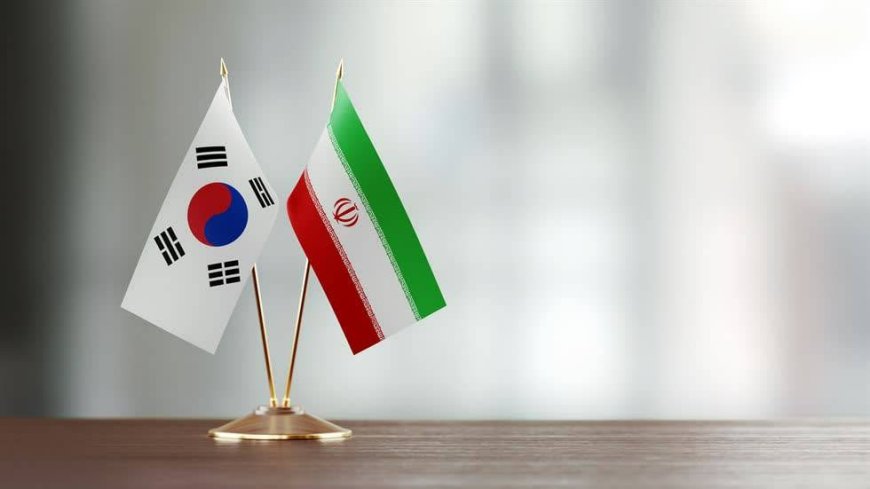Iran-South Korea Dispute: The Blocking of $7 Billion in Funds and Iran’s Legal Action
Iran-South Korea Dispute: The Blocking of $7 Billion in Funds and Iran’s Legal Action

By: S. Qorbani
Following the United States' unilateral withdrawal from the Joint Comprehensive Plan of Action (JCPOA) in 2018 and the subsequent imposition of sanctions on Iran, Iran's request for $7 billion from South Korea for the sale of petrochemical and oil products was hindered as the funds were blocked in Korean banks. South Korea, aligning with Iran sanctions after the US withdrawal from the JCPOA, significantly reduced its oil purchases from Iran and froze Iranian funds.
Despite reports suggesting the release of Iran's foreign exchange resources in Korea, no tangible progress has been made due to various disruptions. In response to South Korea's failure to pay Iran's debt, the President of Iran submitted a bill to refer the dispute between the Central Bank of Iran and South Korea to the Parliament Speaker. If the bill becomes law, Iran intends to take legal action against South Korea to recover its claims. The Iranian government aims to pursue necessary legal measures at the international level to resolve the issue.
Iran's complaint against South Korea is based on Article 12 of the Investment Promotion and Support Agreement between the two countries, which states that any legal dispute arising from an investment must be settled amicably between the parties involved. If the dispute remains unresolved for six months after written notification, it can be referred to a court at the request and discretion of the investors, including the competent court of the contracting party where the investment took place, a special arbitration court, or the Excid Convention.
With the assumption of US President Joe Biden, it was expected that South Korea would change its behavior and policies and release Iran's assets. In this regard, the Biden administration allowed Seoul to pay Iran's debt to the United Nations using its own currency. However, South Korean officials had previously stated that the fate of the blocked funds depended on the outcome of Iran's nuclear negotiations with world powers. Despite frequent consultations between South Korean and US officials on Iran-related issues, no policy change occurred regarding the release of Iran's blocked funds.
Consequently, Iran took serious action and pursued the matter through an official complaint, as some of South Korea's actions were deemed insulting and arrogant to the Iranian people. It should be noted that these circumstances have adversely affected commercial exchanges between the two countries. The highest level of trade between Iran and South Korea occurred in 1995-1997, with non-oil trade amounting to approximately $6-8 billion. However, the current total trade volume stands at around $820 million for the year 1401 (2022-2023) and $176 million for the first three months of that year.
Iran's exports to South Korea amounted to nearly $17 million, while imports from South Korea stood at approximately $159 million, representing less than one percent of Iran's total trade with other countries worldwide. Iran's complaint serves as a reminder to South Korea that Iran is determined to resolve the issue of blocked funds and will take all necessary measures to achieve its objectives. South Korea should understand that mere release of Iran's assets without addressing the root cause will not alleviate Iran's true and primary concerns.













































